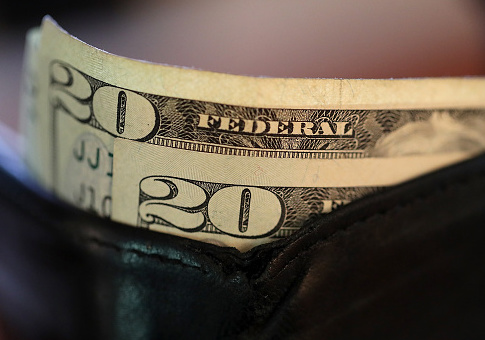The majority of households paying the Obamacare penalty in 2015 were low- and middle-income households, according to the most recent data from the Internal Revenue Service.
The Affordable Care Act individual mandate requires that Americans pay the individual shared responsibility payment, otherwise known as a penalty or a tax, if a household or individual fails to have health care coverage.
There were 6,665,480 households who chose to pay the Obamacare penalty in that year rather than signing up for Affordable Care Act coverage. They paid a total of $3,079,255,000.
Of the 6.7 million households who chose to pay a penalty, 37 percent—2.5 million households—earned a salary less than $25,000 per year. There were 5.2 million households that earned a salary less than $50,000 per year who decided to pay the penalty, which totaled 79 percent of households paying the penalty. Finally, 92 percent of the households—6.1 million households—paid the penalty and earned less than $75,000 a year.
The penalties have increased every year since the Affordable Care Act was implemented. In 2014, the penalty totaled a flat fee of $95 or 1 percent of income above the filing threshold. In 2015, the penalty increased to a flat fee of $325 or 2 percent of a household's income, whichever one was higher. In 2016 and 2017, the penalties increased even higher to a flat fee of $695 or 2.5 percent of gross income.
According to Joe Antos, a scholar in health care at the American Enterprise Institute, low- and middle-income households are the least likely to have insurance and least likely to know how to avoid paying the penalty.
"Since higher-income people are insured through employer plans, one would expect the mandate penalty to primarily be paid by lower-income people," Antos explains. "In addition, once your [adjusted gross income] is low enough you are exempt."
"If there is anything surprising here, it is the fact that so many people did not ask for an exemption from the penalty," Antos said. "But since the penalty is fairly small, it's likely that many didn't look for ways out of paying. Someone who didn't know the details of the mandate and its exemptions may have had great difficulty finding out that there were numerous exemptions."
